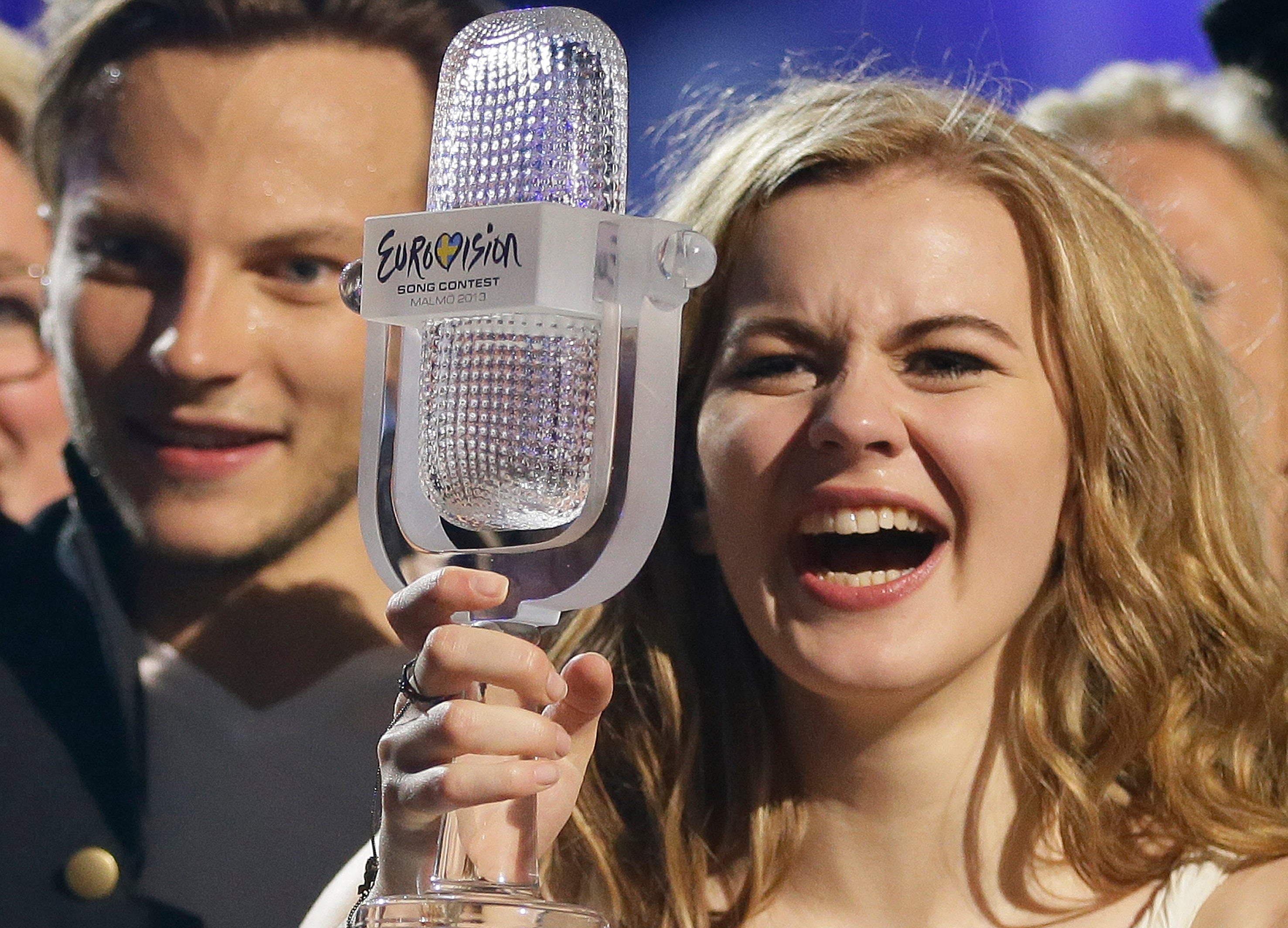Protests, heightened terror threat mean tight security at Eurovision Song Contest in Sweden
Police in Sweden say that security will be tight during next month’s Eurovision Song Contest in the southern city of Malmo

Your support helps us to tell the story
From reproductive rights to climate change to Big Tech, The Independent is on the ground when the story is developing. Whether it's investigating the financials of Elon Musk's pro-Trump PAC or producing our latest documentary, 'The A Word', which shines a light on the American women fighting for reproductive rights, we know how important it is to parse out the facts from the messaging.
At such a critical moment in US history, we need reporters on the ground. Your donation allows us to keep sending journalists to speak to both sides of the story.
The Independent is trusted by Americans across the entire political spectrum. And unlike many other quality news outlets, we choose not to lock Americans out of our reporting and analysis with paywalls. We believe quality journalism should be available to everyone, paid for by those who can afford it.
Your support makes all the difference.Security will be tight during next month’s Eurovision Song Contest in the southern Sweden city of Malmo, police said Wednesday, citing demonstrations that could lead to unrests and a heightened threat of terrorism in the Scandinavian country.
“The security is going to be rigorous,” Petra Stenkula, head of police area in Malmo, said according to Swedish broadcaster TV4.
Pro-Palestinian activists who want Israel out of the Eurovision Song Contest have announced large rallies in downtown Malmo, several kilometers (miles) from the Malmo Arena contest venue.
Last year Sweden heightened its terror threat level one notch to “high,” the fourth of five levels, for the first time since 2016 amid a deteriorating security situation following recent burnings of the Quran that triggered protests in the Muslim world.
Police said Wednesday that an application to stage a demonstration in Malmo to burn a copy of the Quran before the song contest had been handed in.
There is no law in Sweden specifically prohibiting the burning or desecration of religious texts. Like many Western countries, Sweden doesn’t have any blasphemy laws.
“Freedom of expression is strong in Sweden,” Stenkula said, according to the Malmo newspaper, Sydsvenska. “Now we first have to assess the application that has been received, then we have to see if it gets permission.”
She told a press conference that Swedish police will get reinforcements from across the country as well as from Norway and Denmark. She didn't provide details.
“We have terror threat level four, so we cannot empty the whole of Sweden of police officers" during the song contest, Stenkula said.
The live televised final is scheduled for May 11, with semi-finals on May 7 and May 9.
Pro-Palestinian activists have planned two large demonstrations to protest Israel’s participation, as conflict in the Middle East threatens to overshadow the feelgood pop music festival. Activists and some musicians have urged the European Broadcasting Union, the event organizer, to drop Israel from the event over its conduct of the war against Hamas in Gaza, triggered by the militant group’s Oct. 7 attack on Israel.
Last week, EBU Deputy Director General Jean Philip De Tender said that the organization understood “the depth of feeling and the strong opinions" that this year’s Eurovision Song Contest has provoked, but "“firmly oppose any form of online abuse, hate speech, or harassment directed at our artists or any individuals associated with the contest.”
Launched in 1956 to foster unity after World War II, Eurovision has become a campy, feel-good celebration of pop music with an audience of hundreds of millions around the world. It has grown from seven countries to almost 40, including non-European nations such as Israel and Australia.
Organizers strive to keep politics out of the contest, not always successfully. Russia has been banned since its 2022 invasion of Ukraine.
Sweden won last year’s contest in Liverpool, England, with the power ballad “Tattoo” by singer Loreen. The host country usually is the winner of the previous year’s event.
Malmo, Sweden’s third largest city, hosted Eurovision in 1992 and 2013.
___
Jill Lawless in London contributed to this report.